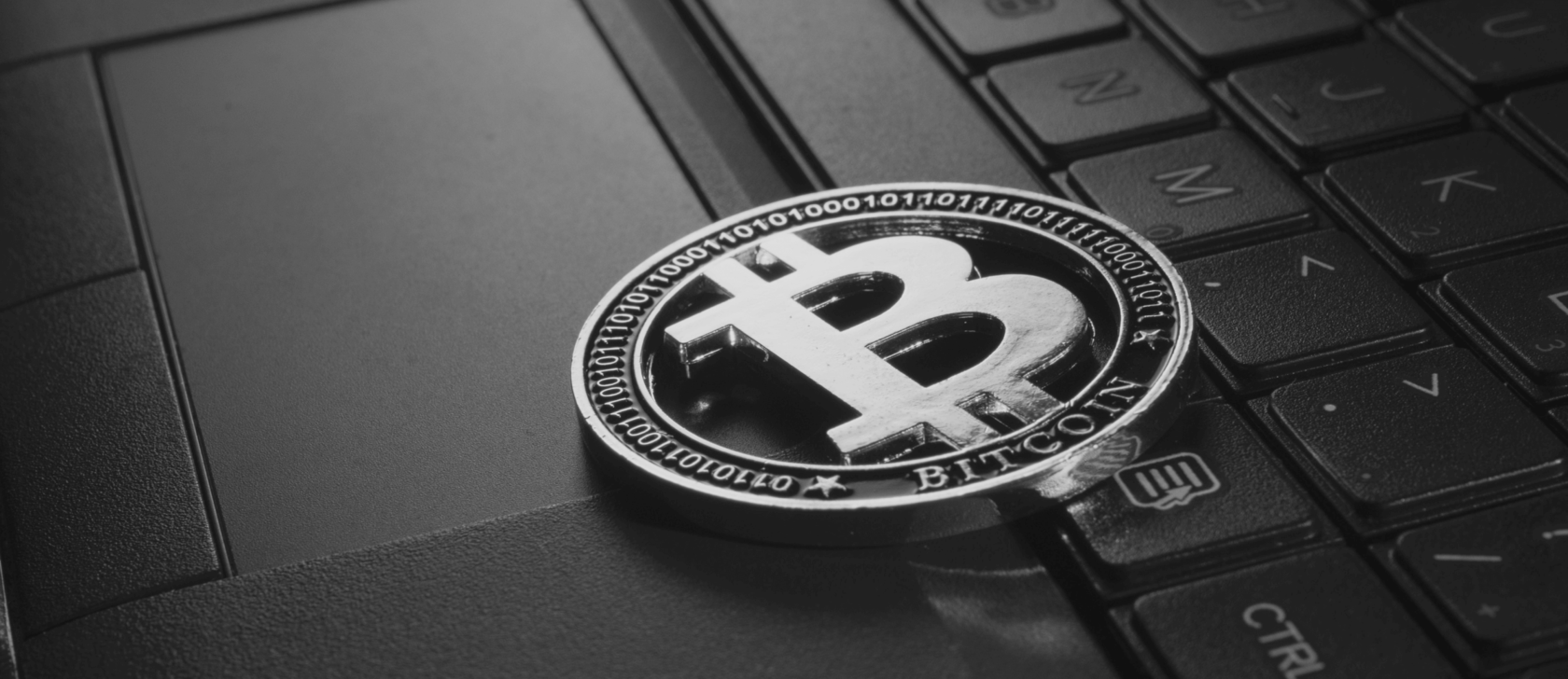Regulation
The following laws exist at the federal level to regulate cryptocurrency throughout the UAE:
Law: Decision No. 23, 2020, on Crypto Assets (the SCA Virtual Asset Regulation).
Regulatory Authority: Securities and Commodities Authority.
Law: Stored Value Facilities Regulation and Retail Payment Services and Card Schemes Regulation.
Regulatory Authority: UAE Central Bank.
What do they regulate: Use of Cryptocurrencies, Stablecoins, Securities Linked Tokens and Commodities, as well as requirements for ICOs, offerings, trading of cryptocurrency assets.
Dubai
Dubai also has its own regulation of virtual assets, which applies in the Mainland and Free Zone (excluding DIFC).
Law: Dubai Law No. 4 of 2022 Regulation of Virtual Assets.
Regulatory Authority: Dubai Virtual Assets Regulatory Authority (VARA).
Applicability: Mainland and Free Zone (excluding DIFC).
What does it regulates: issuance of virtual assets and NFTs, licensing of asset providers and crypto platforms. Without a license from the regulator, the law prohibits, among other things: the provision of crypto platform management services, the exchange of cryptocurrencies for other cryptocurrencies or for domestic or foreign currencies, storage, control of cryptocurrencies, etc.
The Dubai International Financial Centre (DIFC) financial freezone is regulated by another government body, the Dubai Financial Services Authority (DFSA), and issued Consultation Paper No. 143 in March 2022.
The paper contains comprehensive regulation of crypto assets within the DIFC. This became effective from 1 November 2022. A licence will be required to operate a crypto business within the DIFC.
Abu Dhabi
Abu Dhabi has the Abu Dhabi Global Markets Freezone (ADGM), regulated by the Financial Services Regulatory Authority (FSRA). It introduced regulation of cryptocurrencies back in 2018. These are laws, collectively called The Financial Services and Markets Regulations, and their guidelines: Guidance on Regulation of Digital Securities Activities in ADGM, Guidance on Regulation of Digital Security Offerings and Virtual Assets under the FSMR and Guidance on Regulation of Virtual Asset Activities in ADGM.
The legislation in this freezone made it one of the first places in the Emirates to introduce comprehensive regulation of crypto assets and allow licensing issues.
Payment for goods and services with cryptocurrency
The use of cryptocurrency as a means of payment is not legally restricted. Therefore, more and more companies and services that provide cryptocurrency payment options are appearing in the UAE. For example, Day To Day Hypermarket, which in August 2022 launched the ability to pay directly in cryptocurrency (both in retail outlets and online). Also, YallaMarket, a common delivery service in the UAE, has started accepting payment in stabelcoins.
Cryptocurrencies and exchanges
Opening a crypto exchange / exchange
Opening a cryptocurrency exchanger or crypto-exchange involves obtaining a license. Such licences are provided by many freezones, such as DMCC, DWTC in Dubai, and ADGM in Abu Dhabi. The most popular freezone for cryptoexchanges is DMCC.
The DMCC’s procedure for opening a crypto company is similar to the standard company registration process.
The following documents must be submitted in order to obtain a crypto licence:
- Commercial license, which requires: scans of passports or ID, proof of address (utility bills), detailed business plan.
- Copies of partners' passports.
- Crypto wallet with clean history, no traces of fraudulent activity.
- Cash capital for a minimum of 6 to 12 months of commercial activity.
- Crypto-assets must be approved by regulatory authorities. The Virtual Assets Regulatory Authority (VARA) in the DMCC’s case.
The cost of a crypto licence is around USD 9,500.
